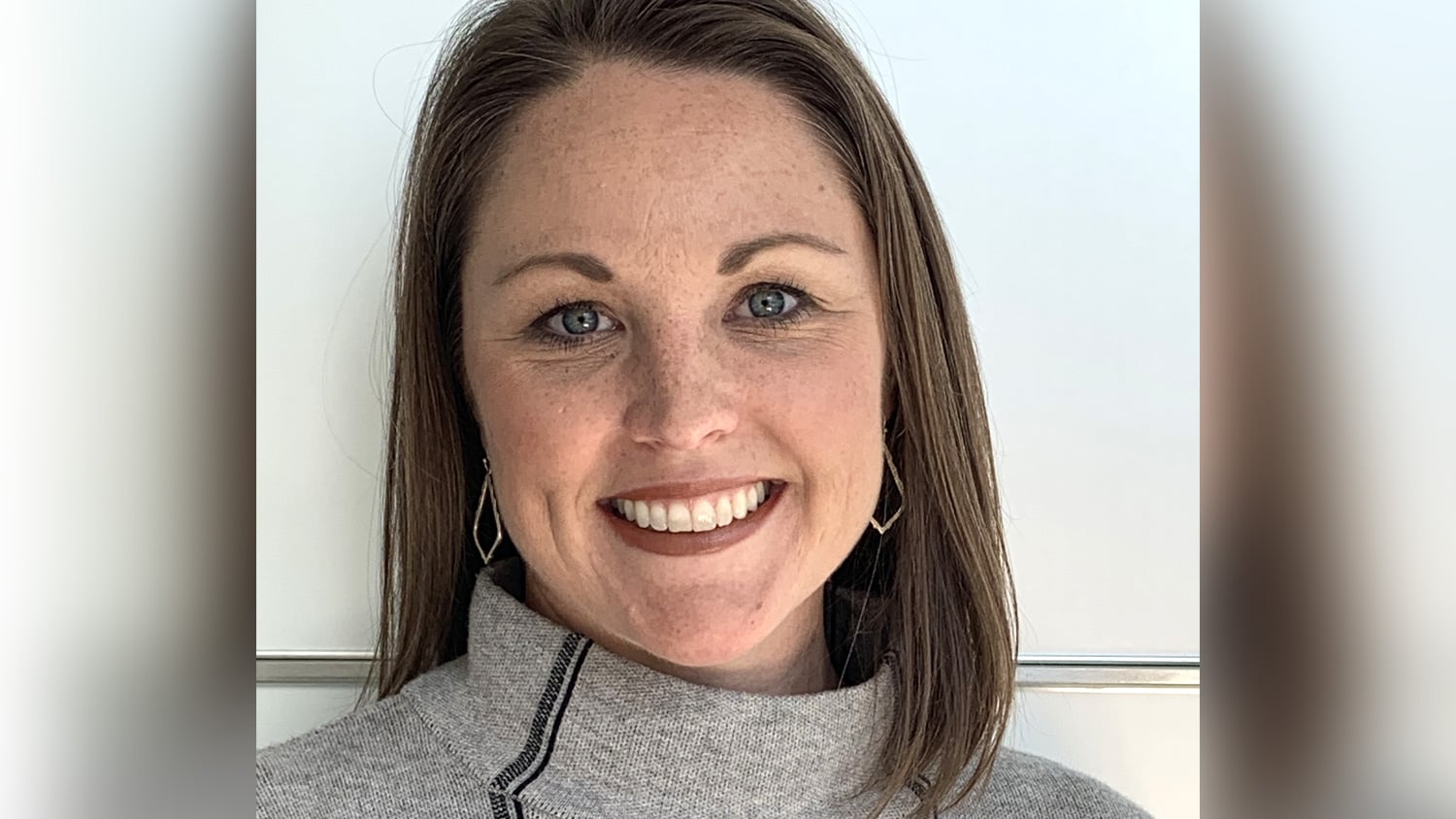
Kristen Ray is Vice President, Technology for Petroleum & Legacy Assets in the United States. This is her story.
“If you’ve been avoiding the topic – stop – it’s not going away. Our society is demanding a higher degree of inclusion and acceptance.”
Being a female who is trying to progress her career in a company that is also working to improve gender balance brings a lot of added pressure. Whether directly stated or implied, there is a stigma that women are getting roles because of their gender. The personal impact can be tremendous as one feels they have to be perfect all the time in execution and give 120+ per cent to prove themselves. This can have a big impact on mental health if not managed appropriately.
And throughout my career, I have had personal experiences of not being selected for roles due to gender and age. These experiences have made me critically focus on hiring processes to ensure objective measures are put in place prior to interviews and as part of the selection criteria. These practices mean we can better manage unconscious biases and ensure the right candidates are selected. Although we have more work to do, I’m proud of the progress we have made in this space as a company.
Ensuring there is space for honest, open dialogue on this subject is key. I think it really comes down to treating everyone equally. Helping folks understand how their work connects to the broader team and corporate purpose, helping with career development opportunities, giving objective performance feedback. We should be doing this for all of our people. By doing so, we create a more connected workforce all around.
I am critically focused on inclusion. I feel that inclusion is the key to sustaining and getting the most from the diversity that we have and want to bring into our organisation. I also feel that strong inclusive behaviours are key factors to generating a safer and more productive environment.
I learned early on that sometimes the best ideas are those that go unsaid. When faced with making difficult decisions that are not straight forward, I’ve learned to proactively gain insights from a variety of people. I specifically focus on those who are typically more introverted and not the loudest at the table, seeking input from front line workers, peers and technical experts. All have different perspectives that when collectively brought together bring you to the best outcome.
It’s important to create a space where everyone feels they can be themselves and fully contribute.
Topics such as inclusion and diversity are not black and white. It takes time to understand yourself, understand what inclusion and diversity means to you, and understand how to lead the topic as an individual regardless of your title. I’d encourage everyone to just talk about it more and not shy away from the subject. Be inquisitive, ask questions.
Reverse mentoring can be a great tool for opening a conversation between two individuals with differing perspectives, but who are curious to learn more and share insights. This has been very helpful for me in the area of LGBT+ as I seek to understand more and broaden my knowledge on how to be more inclusive. Early in my career, I served as a reverse mentor for a senior operational leader at site who had a firm view that women should not be working offshore. It was great to have open, confidential conversation that allowed us both to learn and grow more. He became one of my strongest supporters and our conversations evolved over time to broader leadership topics. I would encourage others to use reverse mentoring more.
If you’ve been avoiding the topic – stop – it’s not going away. Our society is demanding a higher degree of inclusion and acceptance. We all need to learn how to work in this space. Start asking questions, seeking to understand more, expressing your concerns in a productive manner that take you forward in your journey. Some people and teams are incredible bright spots in the space of inclusion and diversity within our company – to them I say, thank you, keep up the great work and look to help those who might still be struggling by starting the conversation.
Get the latest BHP news alerts, straight to your inbox
Get BHP news first. Stay in touch with our latest updates, investor news and media releases.


